Introduction: The Birth of Civilization
Long before the pyramids of Egypt or the grandeur of Rome, there was Sumer—a land where civilization itself was born. Nestled between the Tigris and Euphrates rivers in what is now Iraq, the Sumerians developed the world’s first cities, invented writing, and laid the foundations for laws, mathematics, and literature. Their achievements shaped the course of history, yet for centuries, their story was buried beneath the sands of time.
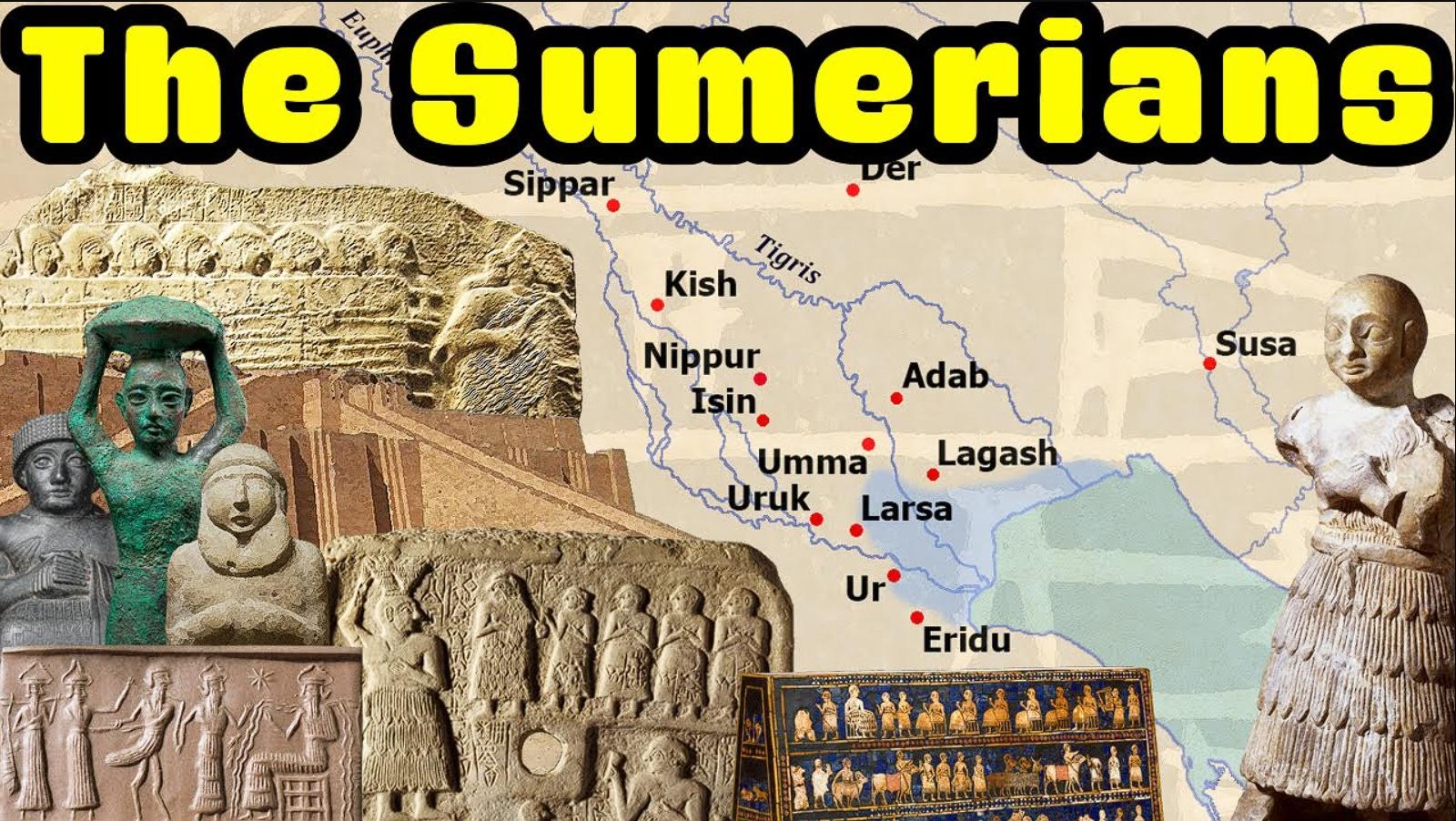
The Rise of Sumerian City-States
The Cradle of Urbanization
Sumer was home to some of the earliest known cities, including Uruk, Ur, Lagash, and Eridu. These city-states were independent political entities, each ruled by a king who claimed divine authority. Unlike nomadic societies, the Sumerians built permanent settlements with advanced irrigation systems, enabling them to harness the power of the rivers for agriculture. This agricultural surplus led to population growth and economic prosperity.
The Role of Temples and Religion
At the heart of each Sumerian city stood a towering ziggurat, a temple dedicated to the city’s patron deity. The Sumerians were deeply religious, believing that their gods controlled every aspect of life. Priests played a crucial role in society, overseeing rituals, managing temple lands, and even advising rulers on governance. The temple complexes also functioned as economic centers, controlling trade and food distribution.
Political Structure and Warfare
Despite their advancements, the Sumerian city-states were often in conflict with one another. Control over fertile land and trade routes led to frequent wars, and powerful kings, such as Gilgamesh of Uruk, emerged as legendary figures. To defend their cities, the Sumerians developed organized armies and built massive walls around their settlements. Warfare and diplomacy shaped the political landscape of Sumer for centuries.
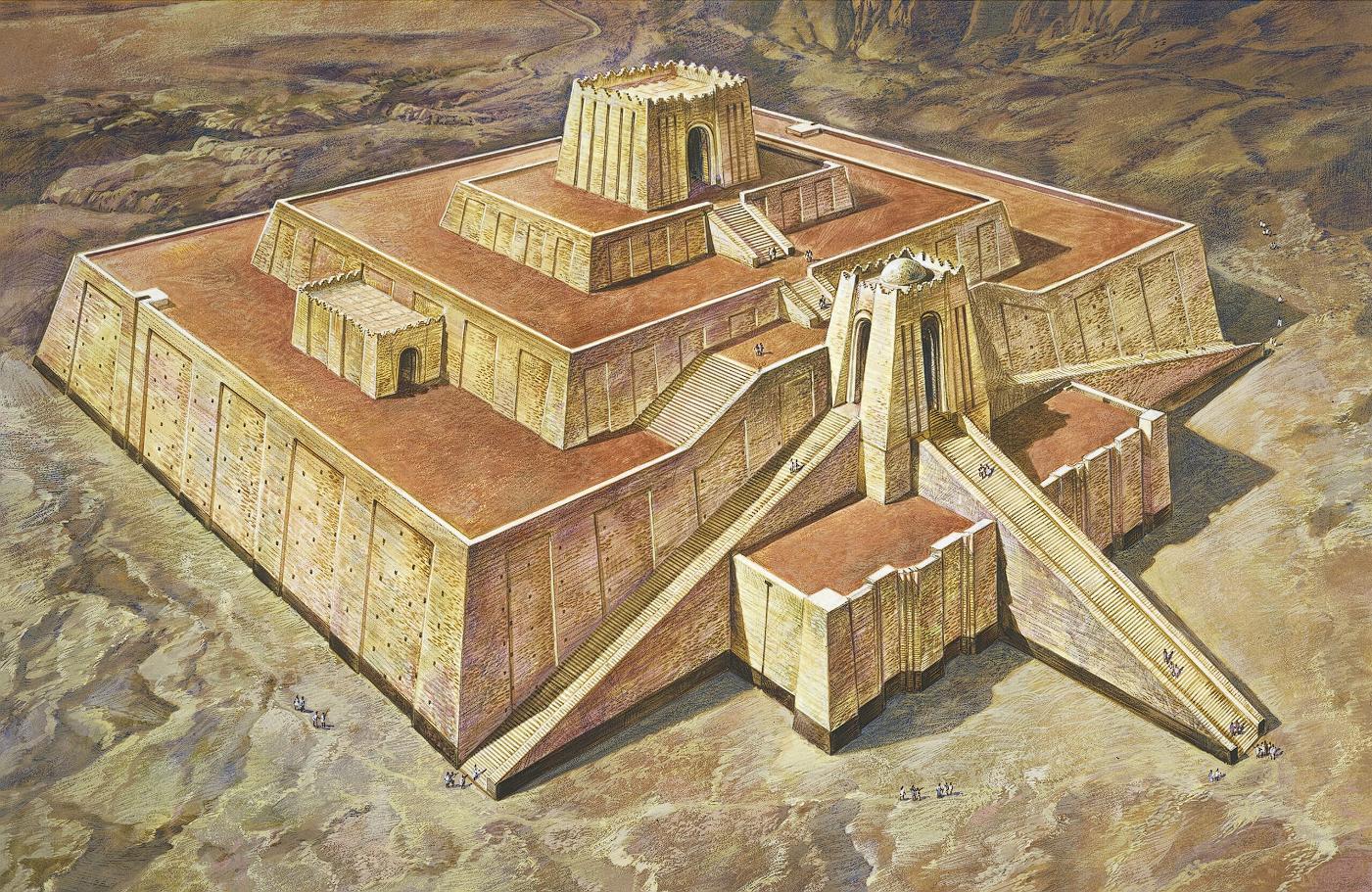
Innovations That Changed the World
The Invention of Writing
In the bustling city of Uruk, a young scribe named Enlil carefully pressed a reed stylus into a wet clay tablet. His task was simple—record a shipment of grain—but he knew that each symbol carried power. His people had created something extraordinary: writing. Initially developed for record-keeping, cuneiform writing evolved into a tool for literature, law, and science. One of the most famous Sumerian texts, “The Epic of Gilgamesh,” is the world’s oldest known literary work.
Advancements in Science and Mathematics
The Sumerians were pioneers in mathematics and astronomy. They developed a number system based on 60, which led to the division of time into 60-minute hours and 360-degree circles. Their knowledge of geometry influenced architecture, allowing them to construct impressive structures such as ziggurats and irrigation canals. Their contributions to astronomy helped them create one of the earliest lunar calendars.
The First Legal Codes
Before the famous Code of Hammurabi, the Sumerians had already established legal systems. The Code of Ur-Nammu, written around 2100 BCE, is one of the oldest known legal codes. It outlined penalties for various crimes and emphasized justice and fairness. This early legal tradition influenced later civilizations, laying the groundwork for modern law.
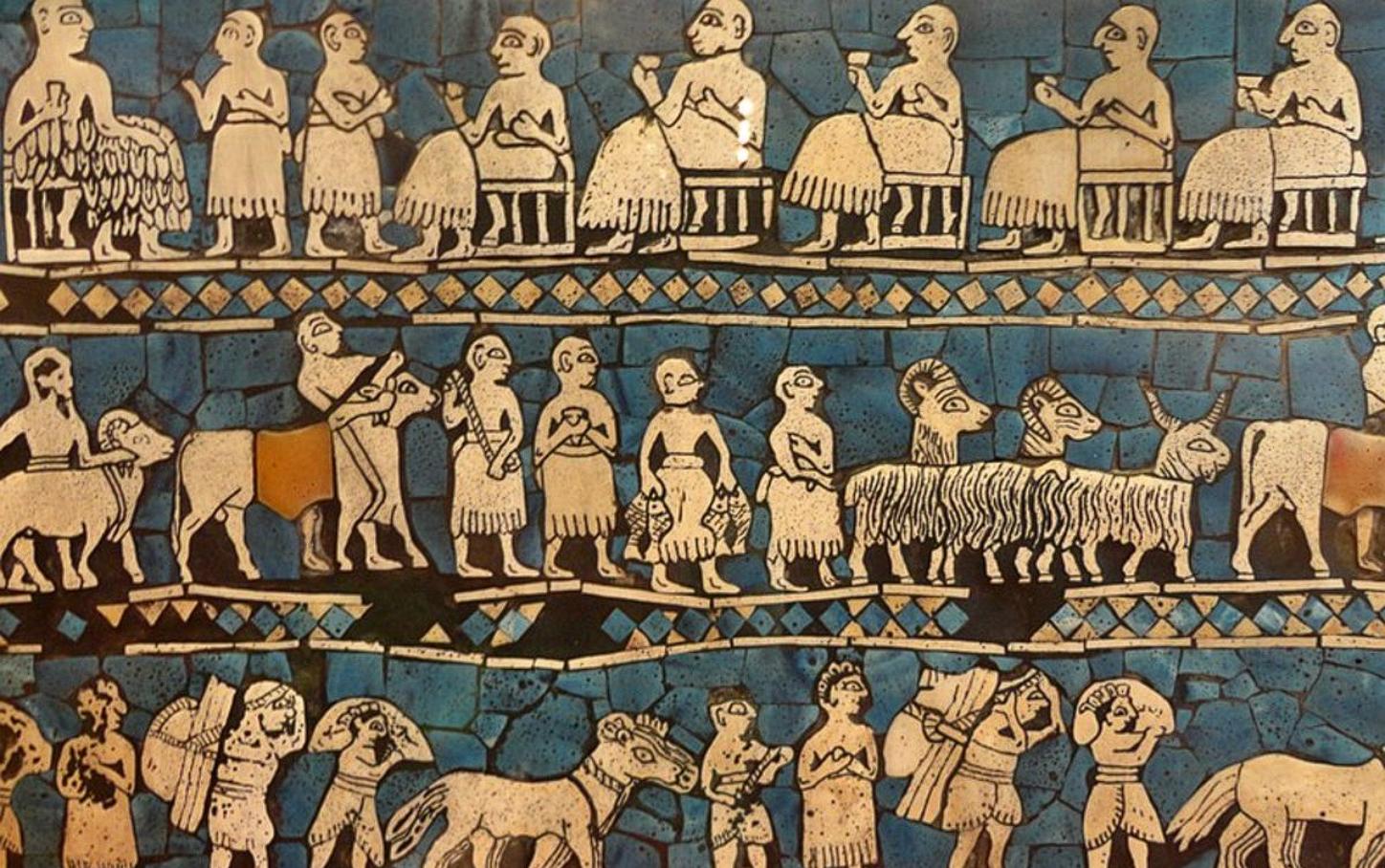
Trade, Economy, and Cultural Exchange
A Thriving Trade Network
Sumer’s economy was driven by trade. Lacking natural resources like timber and metal, the Sumerians established extensive trade networks that reached as far as the Indus Valley and Anatolia. They imported goods such as copper, gold, and lapis lazuli, exchanging them for textiles and agricultural products. This trade network helped spread Sumerian culture and technology across the ancient world.
Economic Organization and Currency
The Sumerians developed one of the first known forms of money—silver rings and standardized weights were used for trade. The temples and palaces managed economic activities, collecting taxes in the form of grain, livestock, and labor. This complex economic system allowed Sumerian society to flourish for centuries.
Artistic and Cultural Achievements
Art and architecture thrived in Sumer. Intricate cylinder seals, which served as personal signatures, depicted scenes of mythology and daily life. The Sumerians also created elaborate jewelry, pottery, and statues that reflected their religious beliefs and societal values. Music and poetry were integral to Sumerian culture, with hymns and epic tales being passed down through generations.
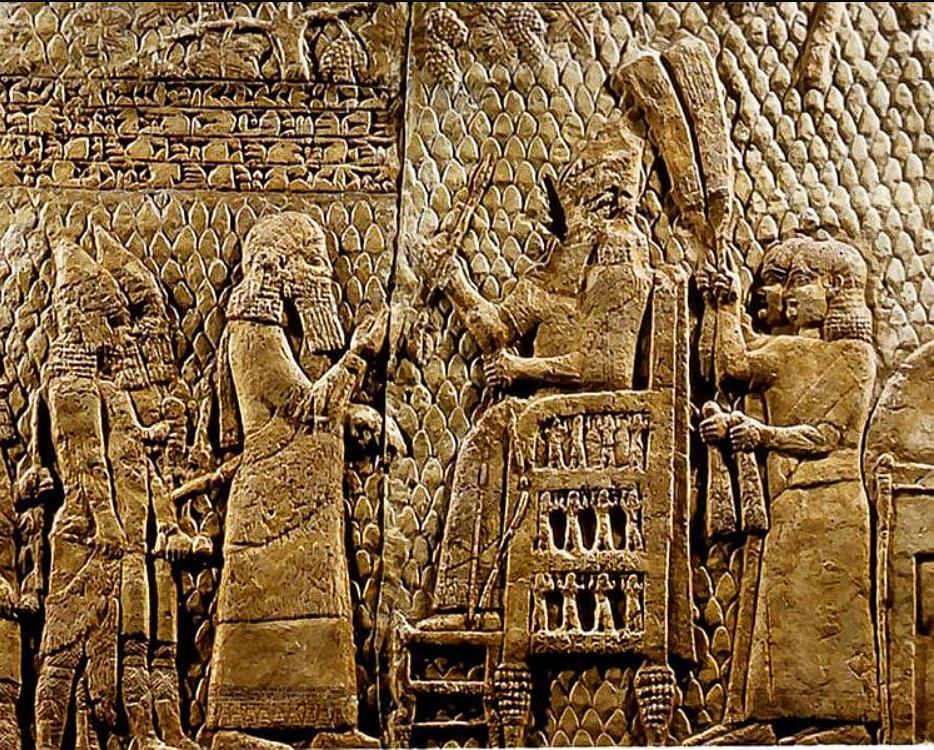
The Decline and Legacy of Sumer
The Fall of the Sumerian Civilization
Despite their advancements, the Sumerians eventually faced decline. Environmental changes, such as soil salinization from over-irrigation, weakened their agricultural output. Internal conflicts and invasions from outside groups, including the Akkadians and later the Amorites, further destabilized the region. By 2000 BCE, Sumer had lost its dominance, absorbed into the Akkadian and Babylonian empires.
Rediscovery of Sumer
For centuries, Sumer was forgotten, buried beneath layers of sand. It wasn’t until the 19th century that archaeologists uncovered its lost cities, deciphering cuneiform tablets that revealed the Sumerians’ achievements. The discovery of “The Epic of Gilgamesh” provided insight into ancient mythology and human history, reshaping our understanding of early civilizations.
Sumer’s Lasting Impact
Many aspects of Sumerian culture still influence the modern world. Their innovations in writing, law, mathematics, and governance laid the foundation for future societies. The division of time, the concept of written laws, and the use of irrigation systems all trace their origins back to Sumer. Today, historians continue to uncover new insights about this remarkable civilization, proving that Sumer’s legacy endures.
Conclusion: What Remains to Be Discovered?
The story of Sumer is one of innovation, ambition, and resilience. Their contributions to human civilization are immeasurable, yet much remains hidden beneath the ruins of their ancient cities. What other secrets lie buried in the sands of Mesopotamia? How much more can we learn from the world’s first civilization? As archaeologists continue to explore, one thing is certain—Sumer’s influence will never be forgotten.
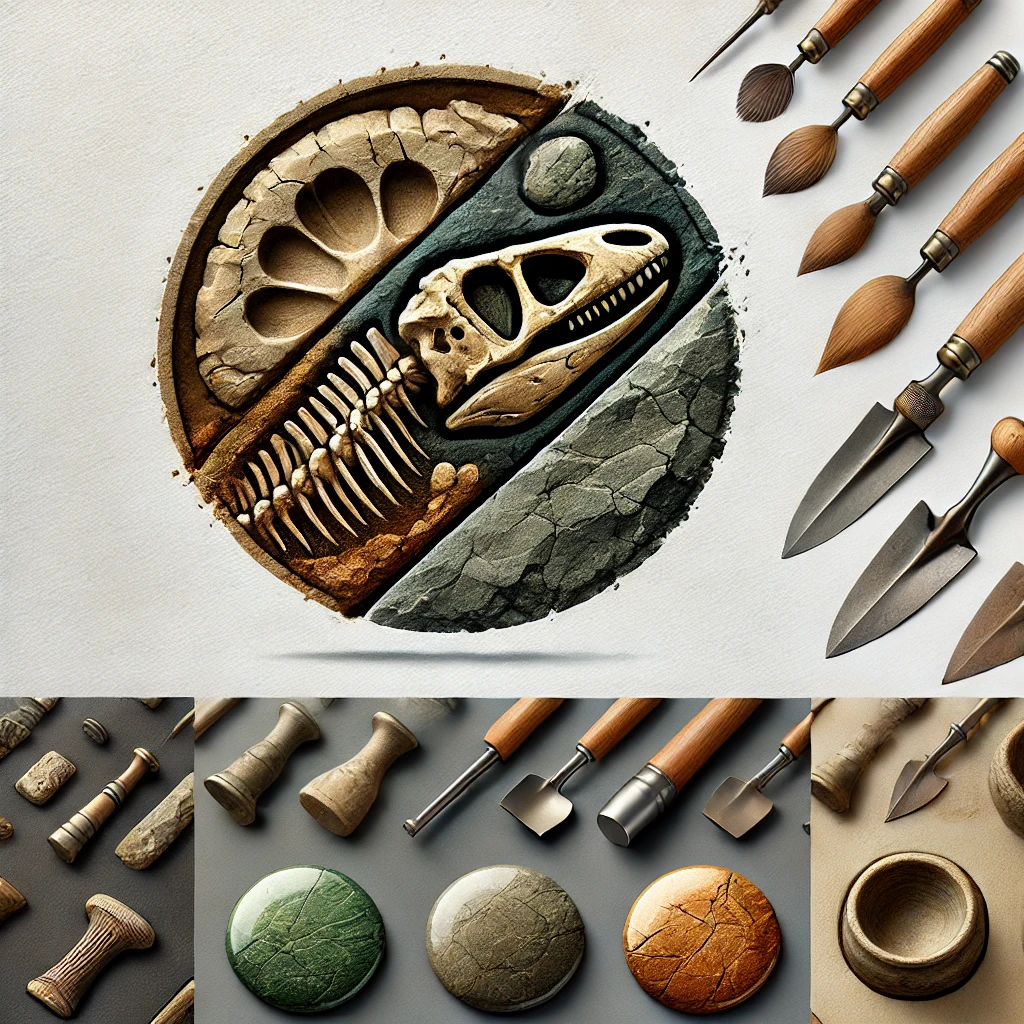
CÁC TIN KHÁC
Mary Walton: The Forgotten Inventor Who Helped Clean Up America’s Cities
Tomb of Queen Nefertari in the Valley of the Queens, Egypt
Discover the Hypostyle Hall of the Temple of Hathor at Dendera
Venus de Losange: Unveiling the Mystery of a 20,000-Year-Old Paleolithic Icon